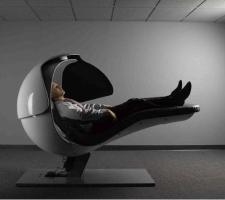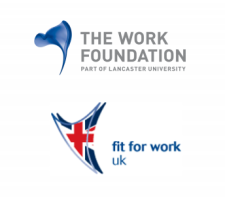October 20, 2014
If you want to reduce the cost of your office, move to a creative area
“First we shape our buildings, thereafter our buildings shape us.” Winston Churchill, House of Commons opening speech. Buildings do indeed shape us, but what seems to affect us even more is the neighbourhood. It’s the immediate environment as opposed to buildings that is much harder to create. It needs numerous factors to influence it, among them the two most precious components– the right people and enough time. Politicians all over the world dream of creating zones that will draw the most innovative companies. But it seems that most of them grow organically – the Silicon Valley in California, the Silicon Alley in New York and the Silicon Roundabout in London. The combination of low rents, proximity to the centre of a dynamic metropolis and interesting culture made the East London neighbourhood of Shoreditch, Clerkenwell and Aldgate a perfect magnet for some of the world’s most exciting companies. So should you think about relocating there too? Here are some things to consider. (more…)


























October 21, 2014
Orgatec preview: the next generation workplace is all about settings
by Justin Miller • Comment, Events, Products, Workplace design
There is a well travelled international circuit for those interested in what office design tells us about the way we work that has, for a number of years, taken in London, Milan, Chicago, Stockholm and Cologne as its main stopping off points. This week sees the launch of Orgatec, the longstanding biennial workplace festival in Cologne. One of the interesting features of Orgatec is that, because it takes place every two years, it offers snapshots of key developments in the market. It throws a spotlight on whatever workplace professionals are talking about and whatever product designers are doing in response to the changing world of work. And it does it on a big scale. This year over 600 companies from 40 countries will be presenting across an exhibition area of 105,000 sq. m. This seems big, and is, but is down markedly on the size of the show from 20 years ago when Orgatec was the launch pad for seminal products such as Herman Miller’s Aeron Chair and the Ad Hoc furniture system from Vitra.
(more…)